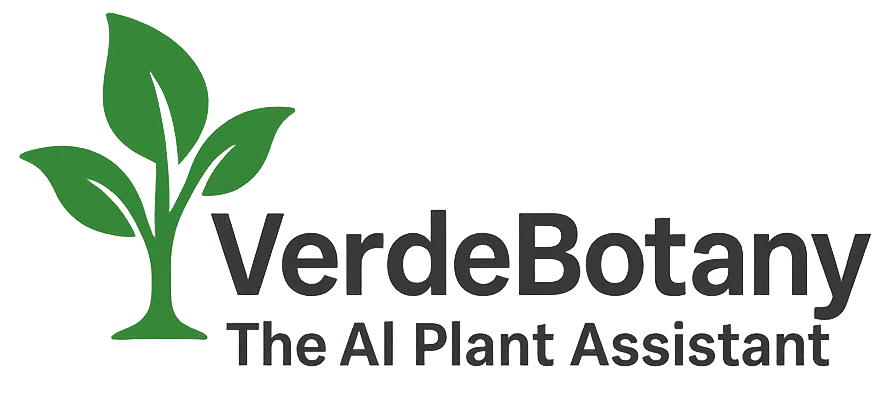Updated: 2025
Are Plant Moisture Meters Worth It? Our Top 5 Picks
Quick answer: Yes—moisture meters can help beginners avoid overwatering, which is the #1 cause of houseplant death. They’re not perfect, but when combined with good habits, they’re a useful tool. Below are our top 5 picks for 2025. Want something even more accurate? The VerdeBotany AI Plant Doctor creates a personalized watering schedule for every plant you own.
How Do Moisture Meters Work?
Most basic meters use a simple probe that measures electrical resistance in soil to estimate how wet it is at root depth. Readings usually range from “dry” to “moist” to “wet.”
- Strengths: Quick checks, reduces guesswork, great for deep pots.
- Limitations: Can be skewed by fertilizer salts; not 100% precise.
- Tip: Rinse the probe after each use to maintain accuracy.
When Should You Use One?
- If you’re new to houseplants and worried about overwatering.
- For large pots where the top looks dry but the root zone may still be wet.
- When caring for plants with very different water needs.
Reminder: Use meters as a guide—pair them with touch (soil feel) and observation.
Our Top 5 Moisture Meters (2025)
1. XLUX T10 Moisture Meter
- Pros: Affordable, easy-to-read dial, no batteries.
- Cons: Not as durable as premium models.
- Buy XLUX T10 ↗ (insert affiliate link)
2. Dr. Meter S10 Soil Moisture Sensor
- Pros: Compact, reliable readings, great starter choice.
- Cons: Only measures moisture, not light/pH.
- Buy Dr. Meter S10 ↗ (insert affiliate link)
3. Sonkir Soil pH & Moisture Meter
- Pros: Measures moisture, light, and pH; multipurpose.
- Cons: pH function less reliable than dedicated tools.
- Buy Sonkir Meter ↗ (insert affiliate link)
4. Gouevn Soil Moisture Meter
- Pros: Long probe for deeper pots; simple, accurate dial.
- Cons: Slightly bulkier design.
- Buy Gouevn Meter ↗ (insert affiliate link)
5. ECOWITT Digital Soil Moisture Sensor
- Pros: Digital display, data tracking, wireless option.
- Cons: Higher cost; requires batteries.
- Buy ECOWITT Sensor ↗ (insert affiliate link)
Real-World Example
Case study (2025): A VerdeBotany user kept overwatering their fiddle leaf fig. With a basic XLUX T10 meter, they learned to water only when the probe read “dry.” Combined with our AI tool’s custom schedule, the plant regained firm leaves and new growth within weeks.
Make Moisture Meters Work Smarter
The VerdeBotany AI Plant Doctor factors in your plant type, pot size, soil mix, and room humidity to tell you exactly when to water—whether you use a meter or not.
Affiliate disclosure: Links marked “Buy” may be affiliate links. If you purchase through them, we may earn a small commission at no extra cost to you.
Helpful Internal Links
Moisture Meter FAQ (2025)
Are moisture meters accurate?
They’re reasonably accurate for gauging dryness at root level, but not scientific instruments. Use as a guide, not an absolute measure.
Do I still need to check soil by hand?
Yes. Combine meter readings with touch (feel the soil 1–2 inches down) for best results.
Which plants benefit most?
Large pots, tropicals like fiddle leaf figs, and plants prone to root rot benefit the most from moisture checks.
Should I buy a digital or analog meter?
Analog meters are simple and cheap. Digital meters offer more precision and data logging, but cost more.
